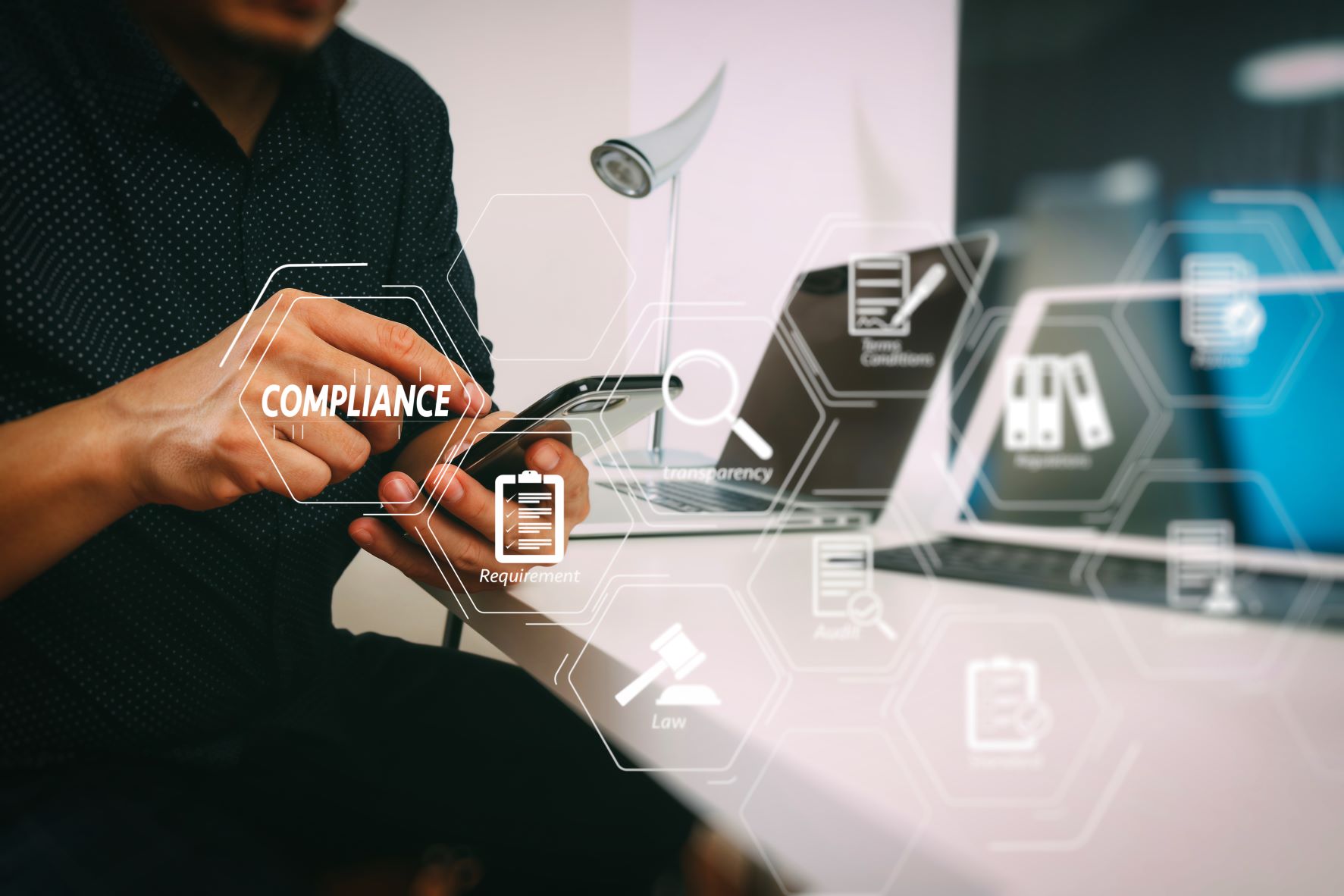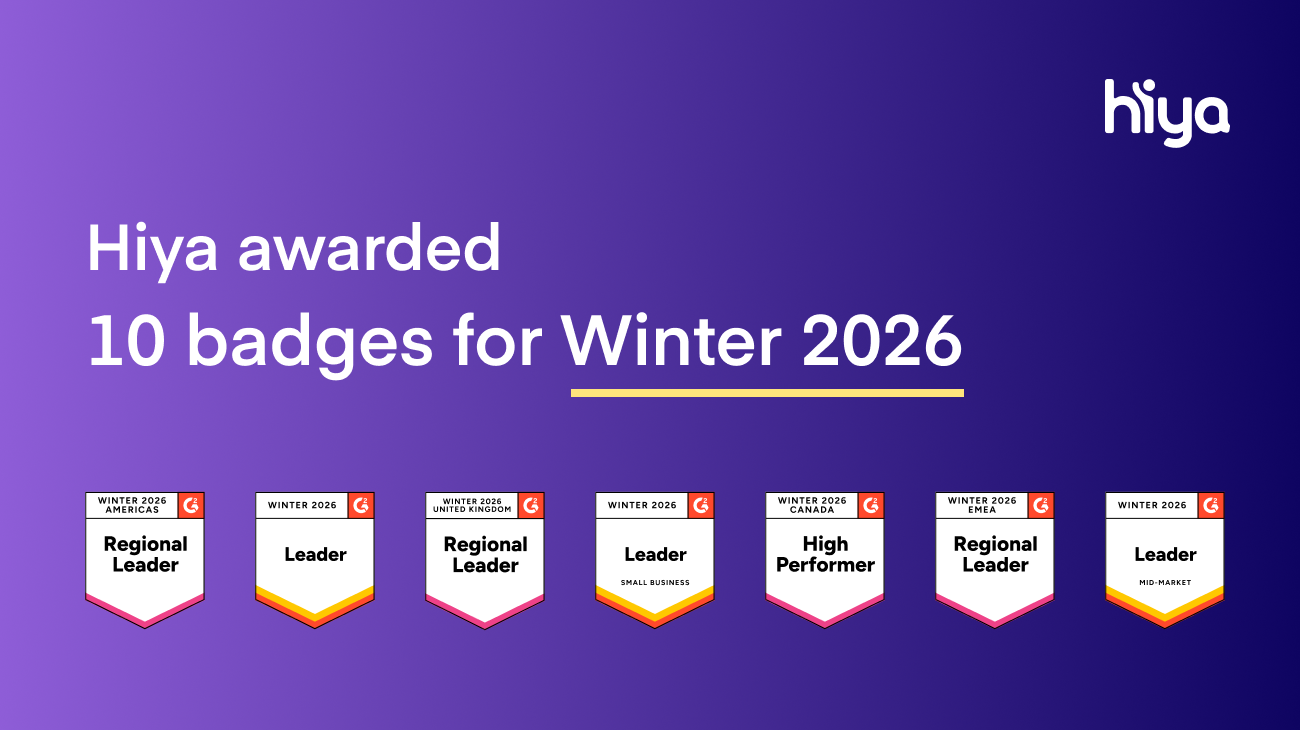
Call centers, whether they are internal agencies or external organizations, often access and use privileged information in client programs. Legitimate, trusted call centers must therefore follow a wide array of compliance rules and guidelines that govern such things as consumer protection, credit card security, or health care privacy.
Call center security also includes SOC 2 compliance, which focuses on regulations overseeing the processing, storing, and maintaining of data, typically through cloud-based services.
What is SOC – and SOC 2?
Developed by the American Institute of Certified Public Accounts (AICPA), SOC stands for system and organization controls and includes three different types of validated audit reporting – SOC 1, SOC 2, and SOC 3 – for service organizations. SOC 2 compliance, which outlines “Trust Services Criteria,” is the most applicable to call centers, as it governs organizations that store, process, or transmit any kind of customer data.
According to AICPA , SOC 2 reports from an audit validate controls relevant to security, availability, processing integrity, confidentiality, or privacy as it relates to the systems used to process users’ data and the confidentiality and privacy of the information processed by these systems.
Audited Validation is Critical for Brand Reputation
While it may take a bit of work to achieve, it is important for call centers to validate their integrity with an audited SOC 2 report, especially if they want to differentiate themselves from ones that are less credible and untrustworthy.
Here is a quick overview of what SOC 2 compliance would look like in a call center.
- Security: SOC 2 includes a set of security measures to prevent breaches, and is especially directed towards data stored in the cloud. These measures can be implemented by tools such as web application firewalls (WAFs), two-factor authenticators, and intrusion detection systems, all of which can monitor for outside intrusions and improper internal usage.
- Availability: For compliance, call centers must adhere to the minimum acceptable performance level as set forth in their service level agreements or contracts with customers. They must have systems in place to monitor network performance and the processes needed to avoid crashes, rectify security failures, and mitigate future vulnerabilities.
- Processing integrity: To be of integrity, the systems that process data in a call center must be authorized, complete, accurate, and timely. For instance, the systems must be compliant with a customer’s contract, validated for accuracy based on pre-approved instructions, and completed in a pre-agreed upon time frame.
- Confidentiality: Call centers must put controls, such as firewalls or access controls, in place to mitigate the ability for unauthorized personnel to access confidential information. Approved users can access data for use only on specific, pre-agreed upon, business offerings, or dealings.
- Privacy: All data collection, use, retention, disclosure, and disposal of personal information – such as name, address, or social security number – must conform to a call center’s privacy policy that follows AICPA’s privacy principles.
SOC 2 Certification Delivers a High Level of Trust
It’s important for call centers to add SOC 2 compliance to their security measures in order to validate that they are a trusted partner for their clients.
To learn more about SOC 2, read the full blog. You can also learn about call center integrity through branded calling as a way to improve trust.

.jpg)

